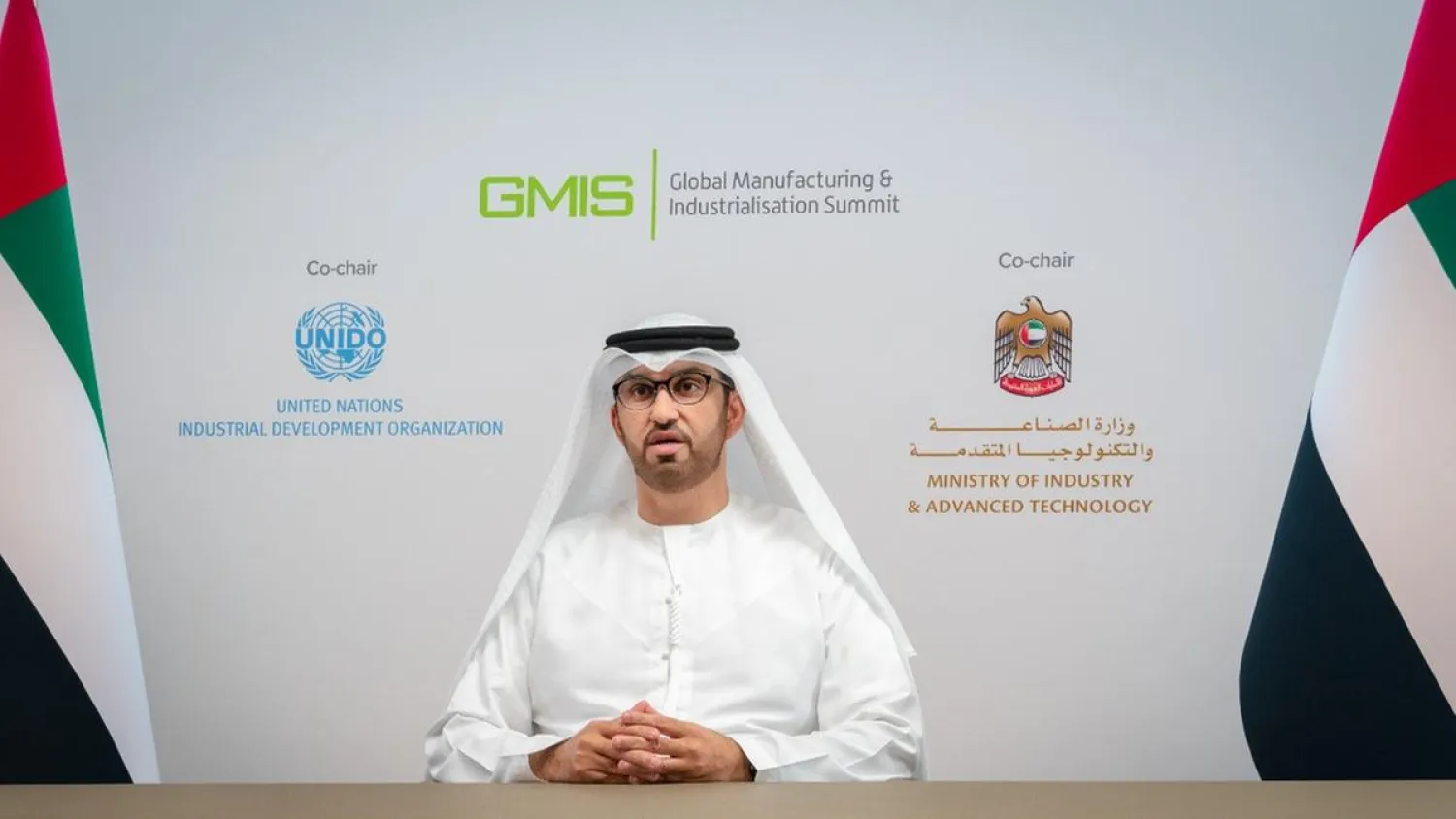International officials and experts stressed the importance of industrial development that is comprehensive and sustainable, which also makes use of advanced digital production techniques and the technologies of the fourth industrial revolution.
The virtual edition of the Global Manufacturing and Industrialization Summit (GMIS2020) concluded with a set of recommendations reiterating the need to design and develop a new index to measure comprehensive and sustainable industrial development, called: Inclusive and Sustainable Industrial Performance Index.
The virtual meeting focused on the need and opportunity to develop such an index that would successfully integrate the economic, environmental, social, and governance dimensions of industrial development and the manufacturing sector, and that would take into account considerations pertaining to 4IR and impact investment.
The new Index will help measure the Environmental, Social, and Corporate Governance (ESG) performance of public and private sector entities.
The summit also called for ensuring the index’s contribution to monitoring performance and directing policy-makers, companies, and the workforce in the industrial sector.
It called for the adoption of a clear framework for the comprehensive and sustainable industrial performance index that measures its parameters properly.
The recommendations also called for achieving comprehensive and sustainable industrial development that requires the participation and cooperation of all actors, including decision-makers, regional bodies, businessmen, innovators, companies, and people who participate directly and indirectly in industrial production.
The industrial sector is facing many challenges that require a collaborative, multi-disciplinary approach, which the United Nations Industrial Development Organization (UNIDO), will serve as the supervisory authority for the indicators of the comprehensive and sustainable industrial development goals.
On the issue of safety of the workforce, the environment, and industrial sites, the participants agreed that safety must be at the top priorities when employing any new technology.
Participating groups agreed to work on the systems and protocols that can be used within companies around the world to promote global safety of the workforce and the environment, as well as help workers adopt new models of work and collaboration.
The participants supported the empowerment of women in the industrial sector, and a number of recommendations that would enhance gender equality in the industrial sector were put forward.
The third edition of the Global Manufacturing and Industrialization Summit (GMIS2020), which was held virtually on September 4-5, discussed the role of the leaders of the industrial sector in confronting the coronavirus pandemic by formulating a new global approach for a sustainable future
GMIS was established in 2015 as a joint initiative between UNIDO and the Ministry of Energy and Industry of the UAE to help create new partnerships, initiatives, and actions connected to digital manufacturing.
Under the theme: “Glocalization: Towards Sustainable and Inclusive Global Value Chains,” the GMIS2020 virtual summit featured about 100 influential global leaders from the public and private sector, including heads of states, ministers, and thought-leaders from some of the world’s leading organizations.









